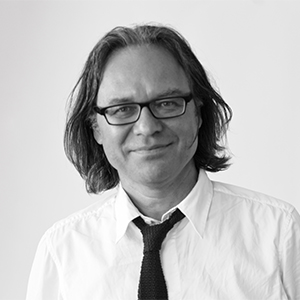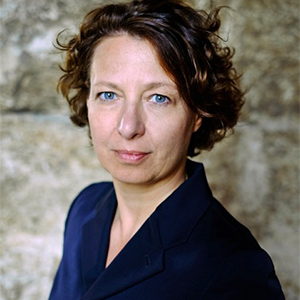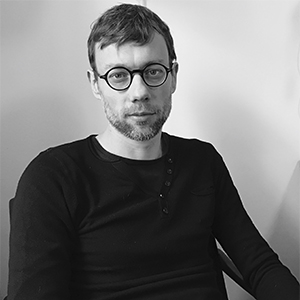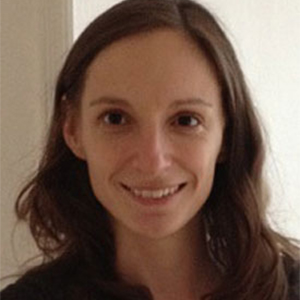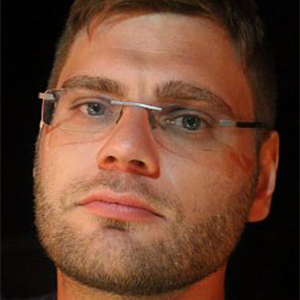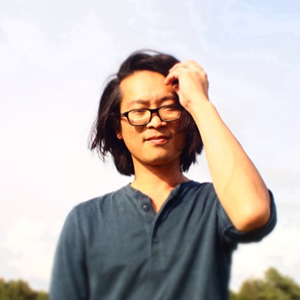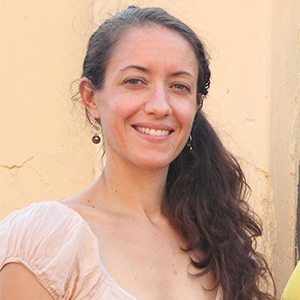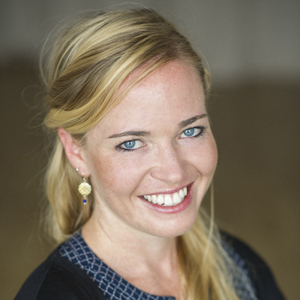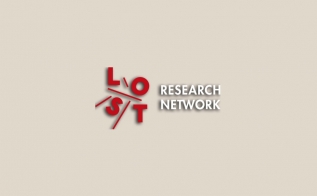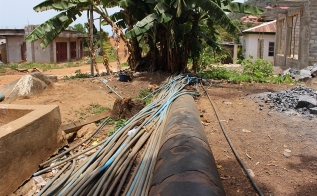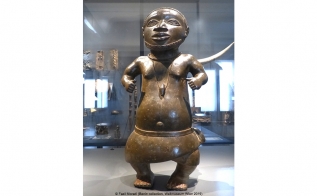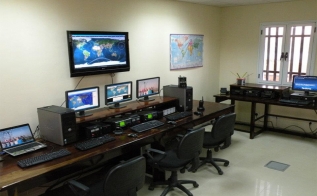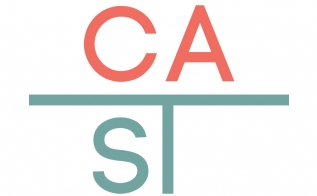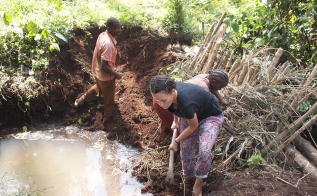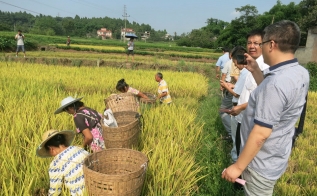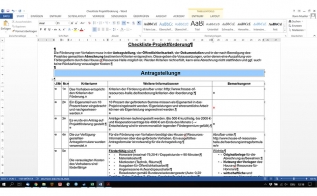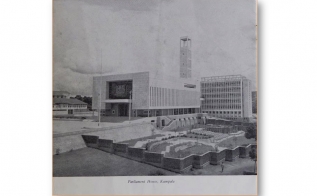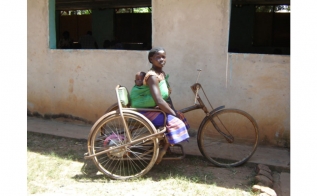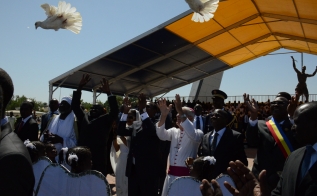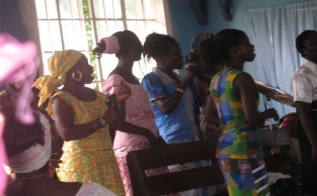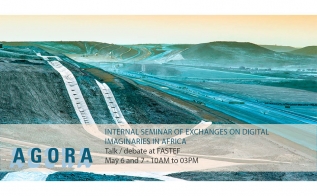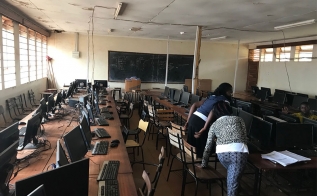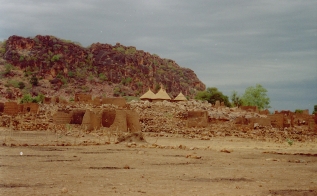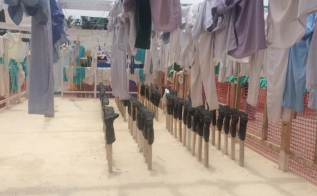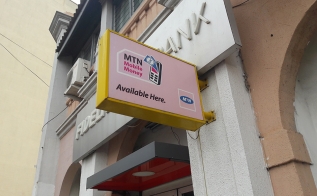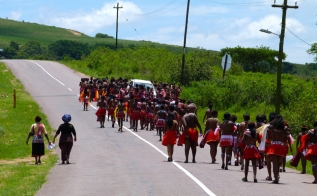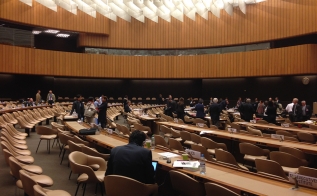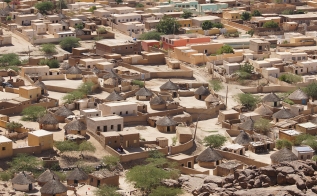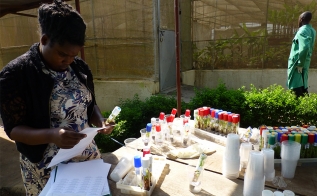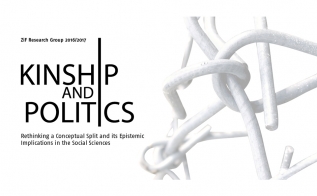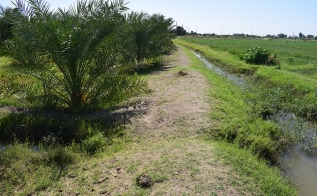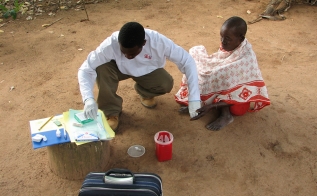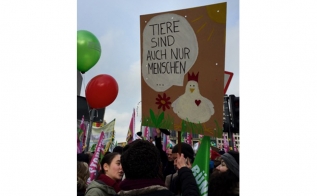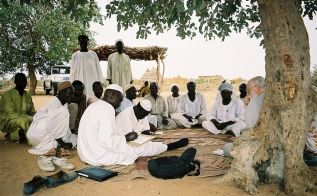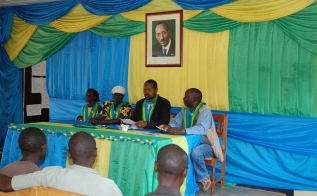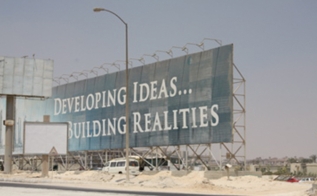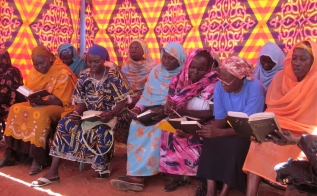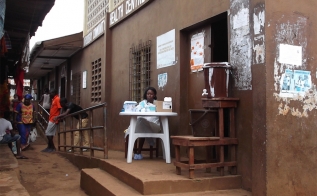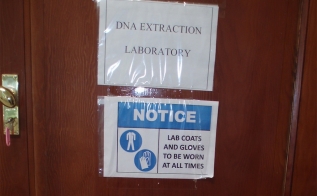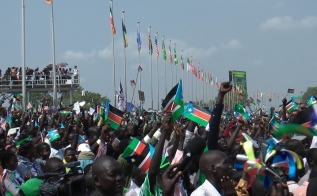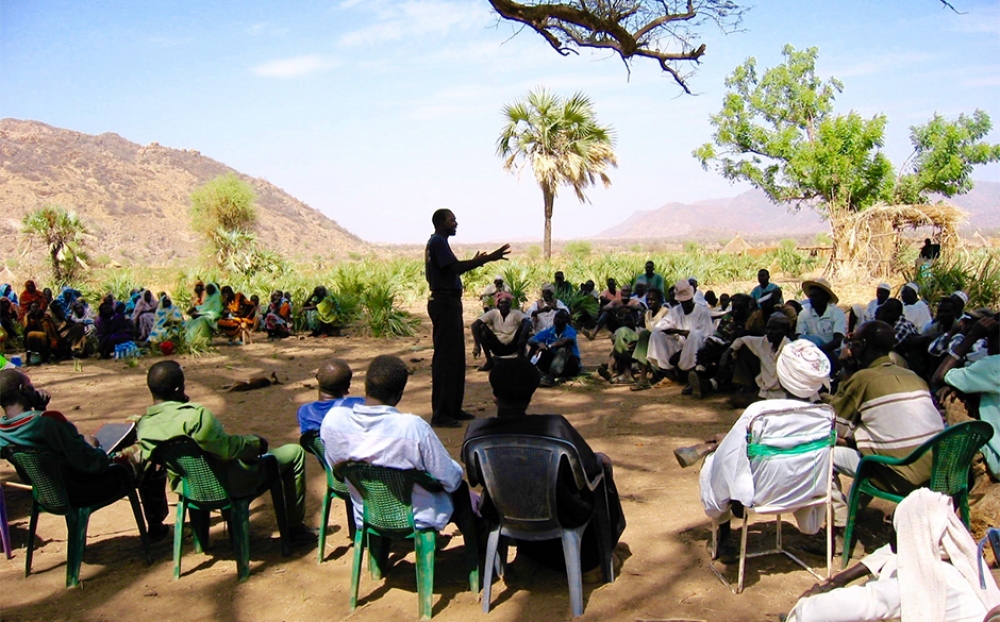
Description
The DFG Priority Programme (SPP) 1448 investigated the on‐going challenges prompted by accelerated processes of globalization influencing current institutional transformations in Africa. In particular the SPP examined creative adaptations that enact specific forms of institutional (dis)order. Geopolitical constellations after the end of the Cold War continue to enforce a number of asymmetric power relations with many economic, cultural and political entanglements resulting in important flows from the global north to the global south. However, the SPP assumes that a closer look reveals that almost all flows are in fact omnidirectional.
The programme is particularly interested in reverse flows, flows within the Global South and in flows that connect different time‐spaces and different social spheres (e.g. security and health; global climate change and local governance; global crude oil markets and local governance; etc.). Within this narrower focus the SPP paid particular attention to the circulation of technologies understood as material technologies (e.g. medicinal drugs), socio‐political technologies (for instance, models of power sharing or stateness), and technologies of the self (e.g. notions of personal responsibility and independence).
Circulating social and material technologies are tightly connected to significations that are inscribed into them and spark off new significations. The programme therefore paid particular attention to the ways in which technologies and significations are intertwined when they travel. At the same time the programme took into account that significations do also travel in the form of circulating narratives and other sense‐making practices and symbols that, nevertheless, also depend on specific forms of objectification that they need in order be able to circulate.
By pursuing this approach, the SPP developed new insights into the entanglements of African economic, political, and cultural transformations with transformations elsewhere on the globe. The programme’s focus was on how these entanglements are being enacted in African contexts by practices of creative adaptation. While we are aware of the many political disasters going on in Africa, we intentionally do not want to approach the complicated issues of African institutional transformations starting either from crises or from what are considered to be established solutions like “democracy promotion” or the campaigning for “free markets”. In doing so, the SPP wanted to identify new perspectives on the mechanisms of creative adaptation that eventually might allow to see new solutions.
For further information visit http://www.spp1448.de/

